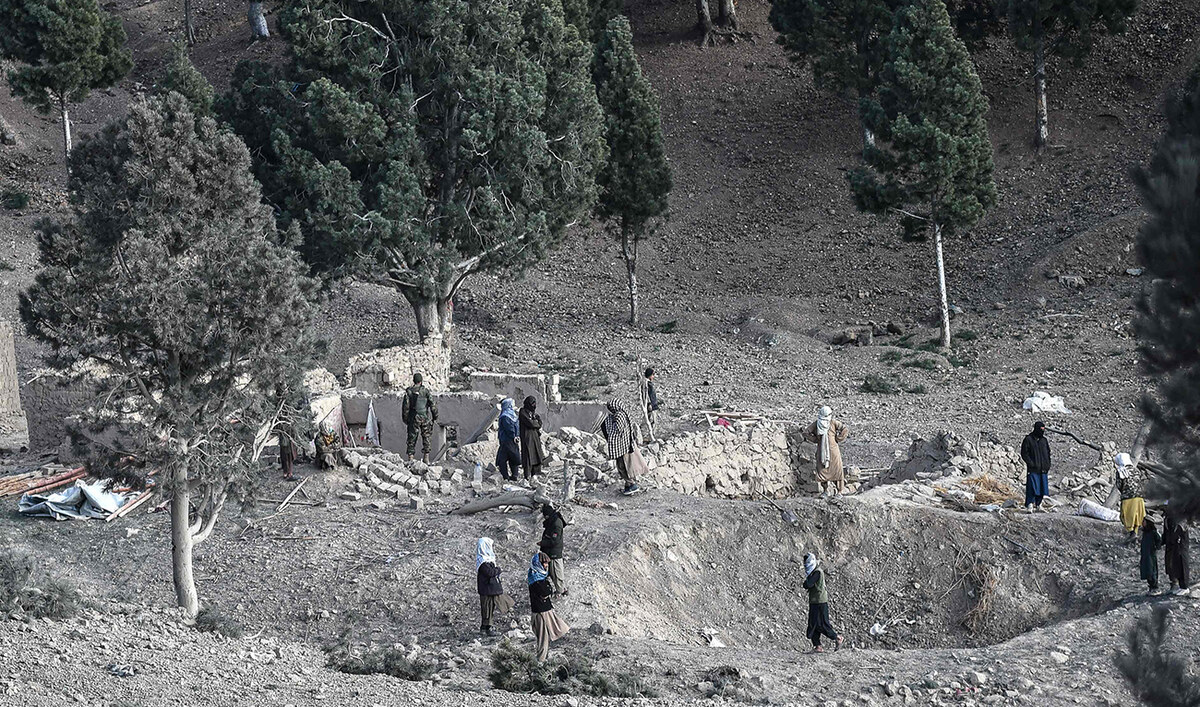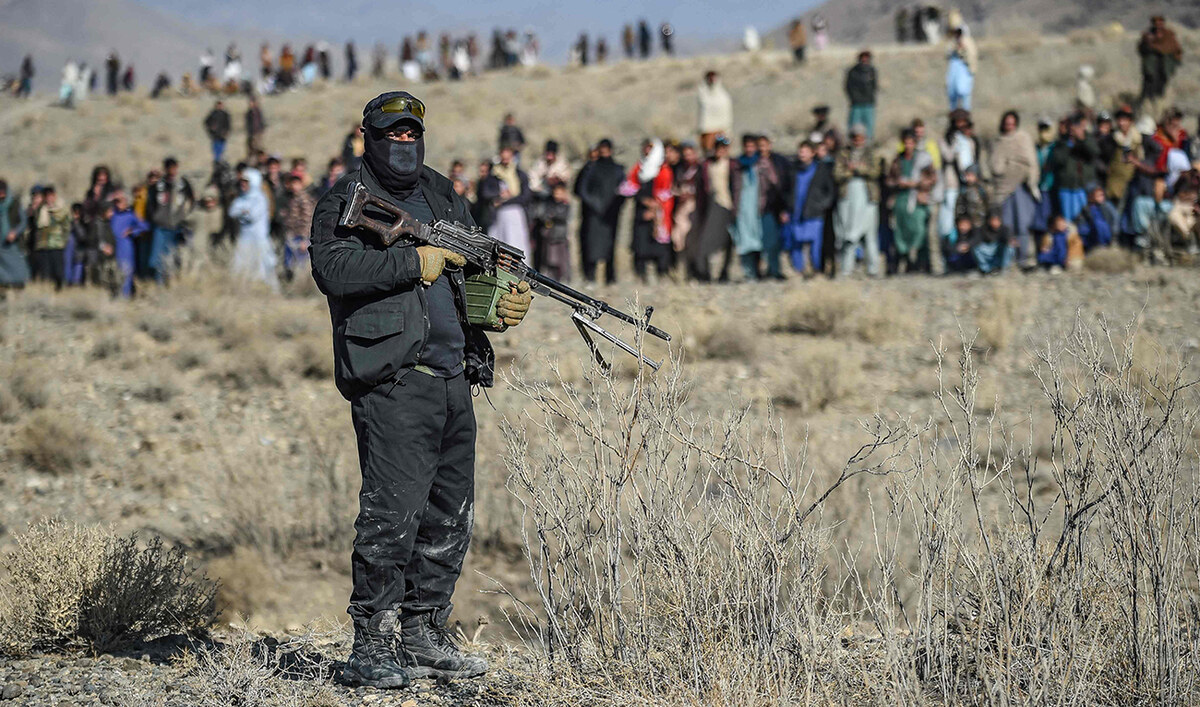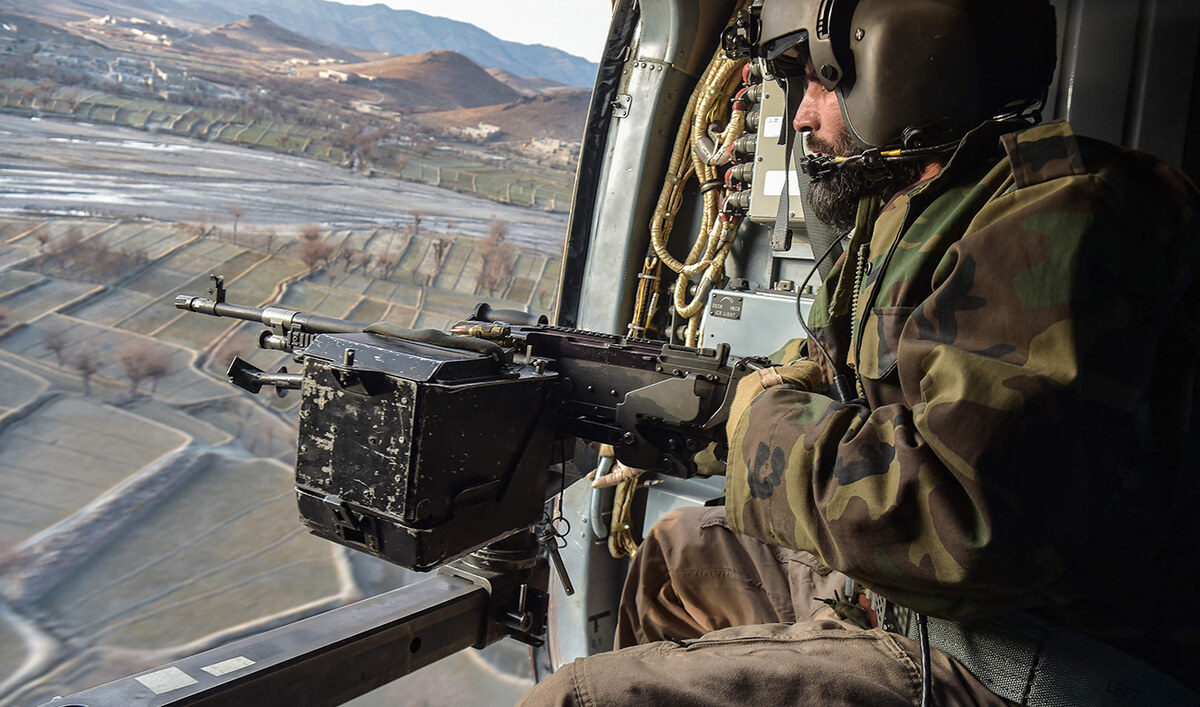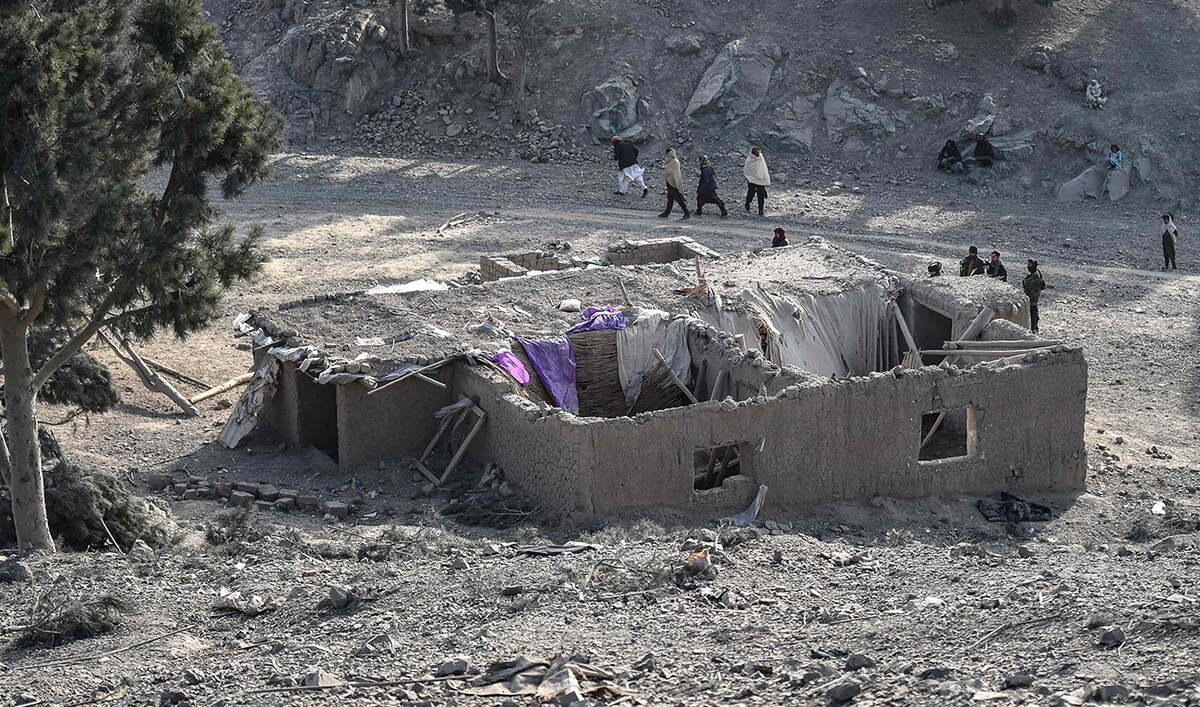KARACHI: With one of the "worst" years over, the benchmark KSE-100 index of the Pakistani stock market is projected to hit a historic level of 55,000 points in 2022 on the back of macroeconomic stability, Pakistani equity traders and analysts say.
The KSE-100 index made history when it crossed the 52,000-point barrier in May 2017. But political turmoil and economic conditions kept dragging the index down, until it hit the year's lowest 27,228 points in April 2020.
Most recently, the KSE-100 index peaked to the 48,726-point level in June 2021, but since then has been down by 9% due to concerns about macroeconomic indicators and talks with the International Monetary Fund (IMF).
On January 12, 2022, the IMF Executive Board is expected to approve the 6th review of a $6 billion loan program, stalled since March this year, which is exepcted to unleash funding from other commercial institutions and donors as well.
“With the revival of the IMF program, Pakistan is expected to get external financing worth $26 billion that will keep the economy buoyant,” Adil Jilani, an analyst at Trust Securities & Brokerage, told Arab News. “We think the worst is over and resumption of the IMF program will bolster equity markets and stabilize national currency against the United States dollar and give the much-needed cushion to macroeconomic stability.”
The South Asian country expects over five percent Gross Domestic Product (GDP) growth during the current fiscal year against last year's 3.94 percent.
Pakistani stock analysts predict the KSE-100 index will generate an overall return of 25% in 2022 on the back of sustainable economic growth. The benchmark index, which began the year with 43,755 points, was trading at 43,958 by Monday afternoon.
“We expect the local bourse to reach 55,000 points by December 2022,” Shahid Ali Habib, chief executive officer (CEO) of Karachi-based brokerage firm Arif Habib Limited, said at the launch of a research report, Pakistan Investment Strategy 2022, on Friday.
“Our index target is based on target price mapping, justified P/E (Price-to-Earnings) multiples and earnings growth. Our forward P/E for CY22 comes out to 4.9x which is lower than last ten-year P/E of 8.3x, while earnings growth is expected to clock in at 12.4%.”
Analysts expect the Pakistani stock market to regain its previous status of best performing market, which it had achieved in 2016-17, and give higher returns in 2022.
“In 2021, the Pakistan stock market was one of the weak performers as compared to other regional peers and earnings were 9.5 percent negative in terms of dollar,” Samiullah Tariq, research director at Pakistan-Kuwait Investment Company, told Arab News. “With 20-25 percent earnings forecast for the next year, we expect the KSE-100 index would hit 53,000 level.”
Jilani agreed with Habib and Tariq, saying that considering attractive P/E multiples, potential corporate earnings growth and fundamentals of the economy, the benchmark index could cross the May 2017 historic high of 52,876 points next year.
The Pakistani stock market remained under pressure during the outgoing year, mainly after June 2021, according to analysts.
“The KSE-100 index peaked to 48,726 points on June 14, 2021 and since then, it is down by 9% due to concerns on Pakistan macros,” said Muhammad Sohail, the CEO of Topline Securities. "Due to the pressures on external account situation of the country, Pakistani rupee also depreciated by 11% against US dollar. Thus, dollar holders made decent returns, while holders of Naya Pakistan Dollar Certificate (Roshan Digital Account) also made 18% returns in terms of rupee."
Equity traders and analysts pinned their hopes for a better performance of the stock market on the sustainability of the current economic growth momentum, backed by the measures taken by the government and the State Bank of Pakistan, but also warned against developing political pressure.
“Economic concerns being faced by a common man in the shape of concerning inflationary readings are undoubtedly culminating into political pressure on the government,” the Pakistan Investment Strategy 2022 report said. “The opposition, led by the PMLN, is striking the iron while its hot and gaining political mileage. We view that the inflationary pressure on the economy is a more prominent threat to the popularity of the government as it provides opportune ground for the opposition’s political mileage.”
With just four more trading sessions left, analysts expect the KSE-100 index to close flat at the year-end after a weak external account situation and rising policy rates led to lower interest in equities.




















